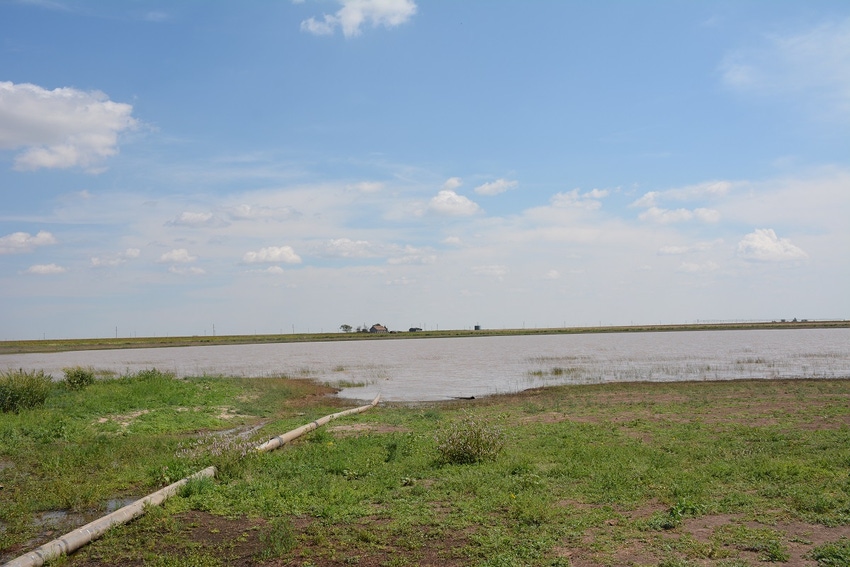
On Wednesday (Jan. 13), the U.S. House of Representatives exercised their right to invoke the Congressional Review Act by signing a joint resolution designed to nullify the Environmental Protection Agency's (EPA) controversial Waters of the United States (WOTUS) rule.
The Congressional Review Act was made law by the United States Congress as a part of the Contract with the America Advancement Act of 1996. The law empowers Congress to review, by an expedited legislative process, all new federal regulations issued by government agencies. If both the House and Senate pass a joint resolution, they exercise their legal right to overrule any regulation.
The Senate passed the joint resolution in its chambers last November.
For the latest on southwest agriculture, please check out Southwest Farm Press Daily and receive the latest news right to your inbox.
"[The] passage of this resolution is a critical step toward stopping what some believe to be the largest federal land grab in history. From the beginning, the process of developing this rule was flawed by EPA ignoring input from stakeholders, and even other agencies including the Army Corps of Engineers. America’s farmers and ranchers deserve to have a government that will review and consider their thoughts," said Michael Conaway, Chairman of the House Committee on Agriculture.
According to Conaway, the signing of this Joint Resolution will require the Environmental Protection Agency and U.S. Army Corps of Engineers to now redefine WOTUS under the Clean Water Act.
According to proponents, the Waters of the United States rule was a technical document that helped define which rivers, streams, lakes and marshes fall under the jurisdiction of the Environmental Protection Agency and the Army Corps of Engineers. But opponents condemn the rule because it will give federal regulators carte blanche authority to penalize landowners who remove water from ditches on their property or allow cattle to drink from water that may or may not eventually drain into a waterway. It could also be used to penalize farmers who fail to prevent herbicide or fungicide runoff entering ditches surrounding their fields.
LAND GRAB CLAIMS
Earlier this year the White House argued the rule would help protect vulnerable waterways and drinking water and pushed for rapid development of the rule.
"This rule will provide the clarity and certainty businesses and industry need about which waters are protected by the Clean Water Act, and it will ensure polluters who knowingly threaten our waters can be held accountable,” President Obama said in a statement after the EPA released a final version of the regulation. “My administration has made historic commitments to clean water, from restoring iconic watersheds like the Chesapeake Bay and the Great Lakes to preserving more than a thousand miles of rivers and other waters for future generations."
Opponents to the rule say the Clean Water Act has been working—and working well since it was established in 1972 and that the proposed changes in the new rule only serve to "muddy the water" and strip landowners, specifically farmers and ranchers, of their property rights.
The rule has been widely debated with many groups and organizations supporting the issue while others have vehemently opposed it.
With authorization of both Chambers of Congress this week, the resolution must now go to the President's desk for his signature or veto.
About the Author(s)
You May Also Like




